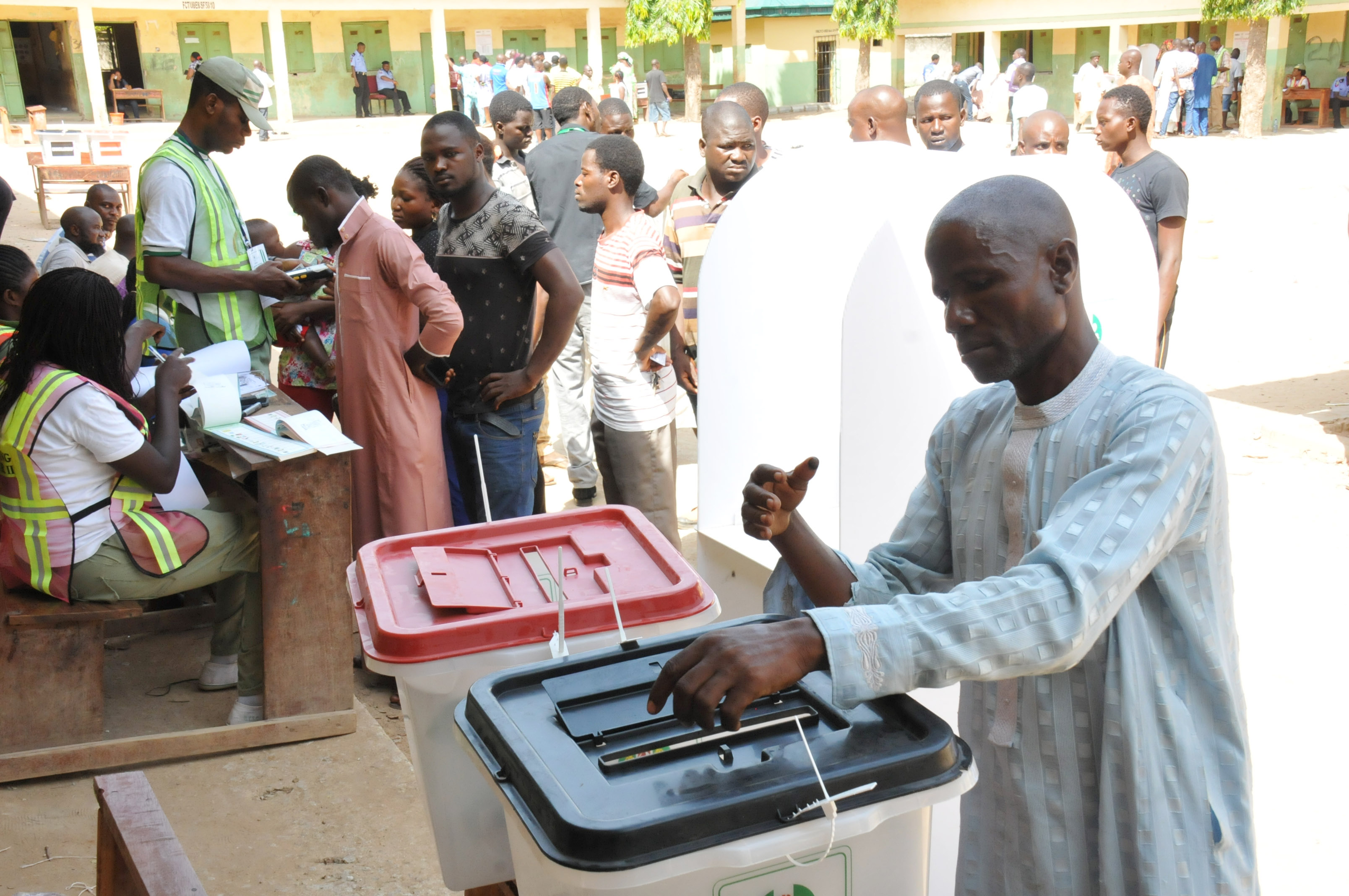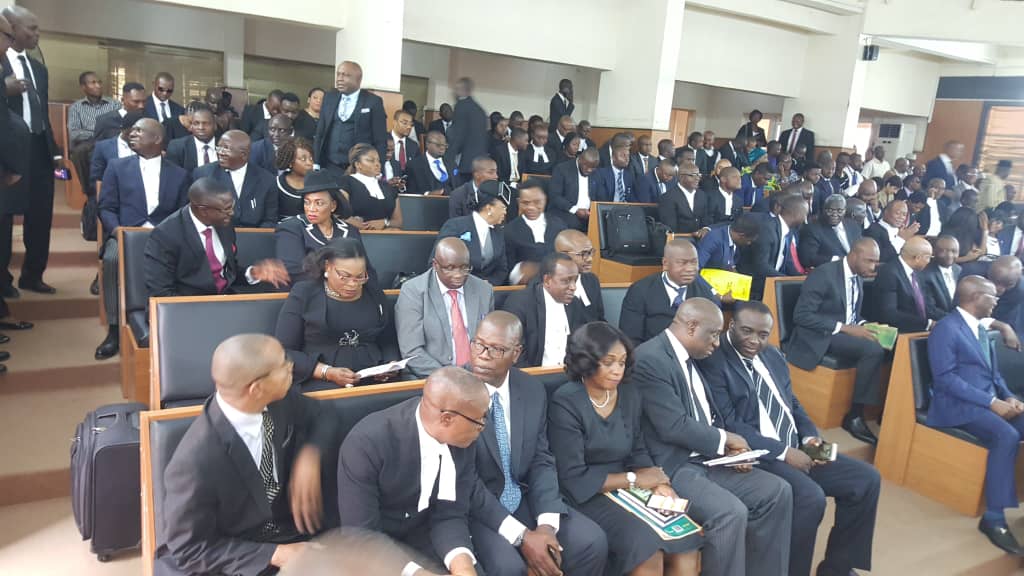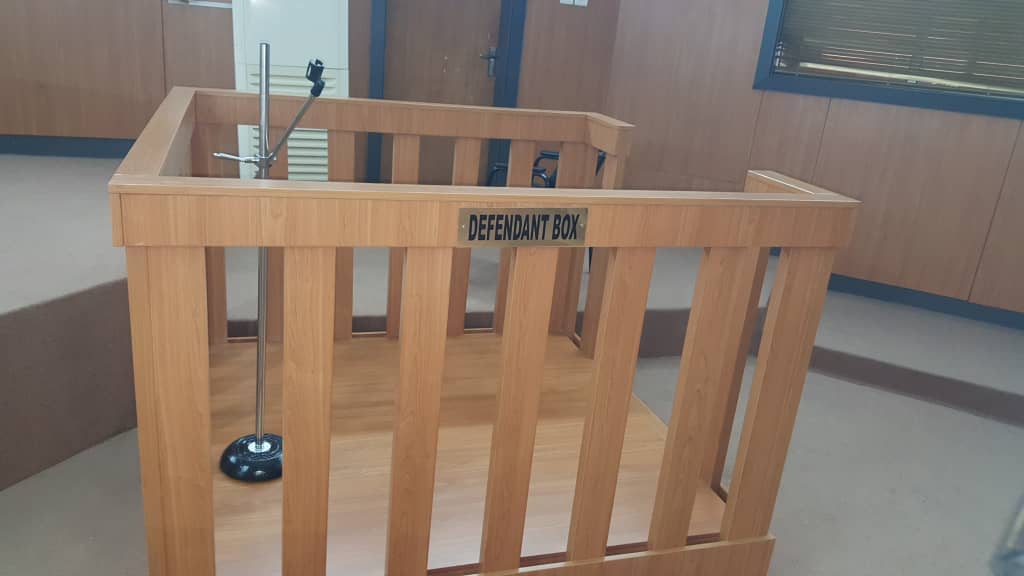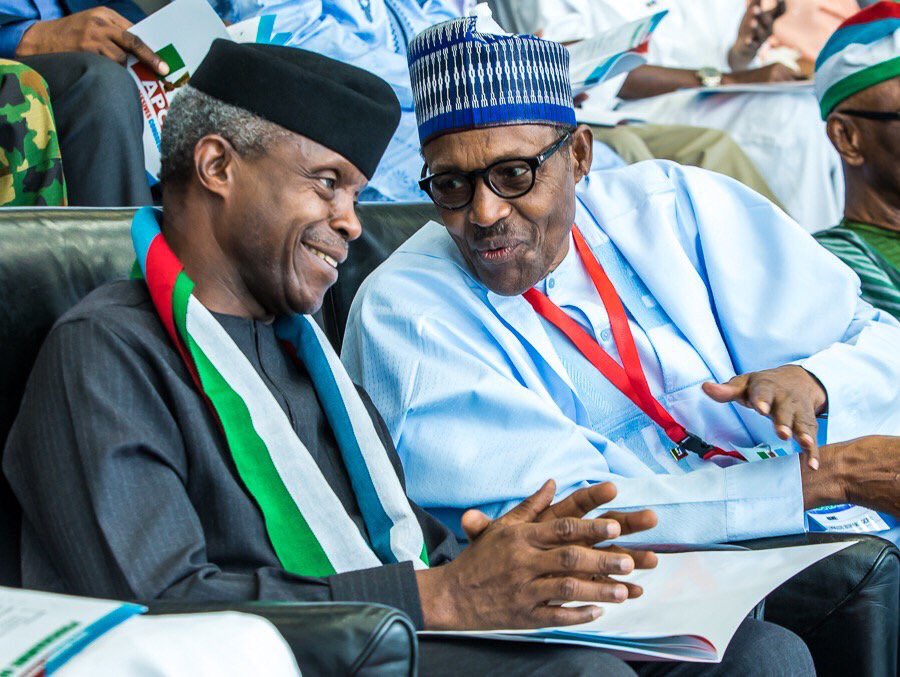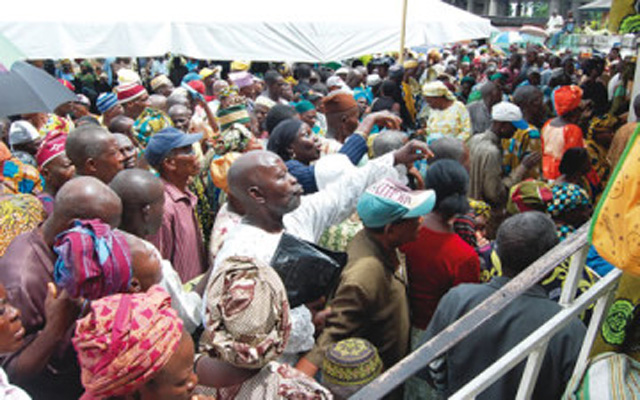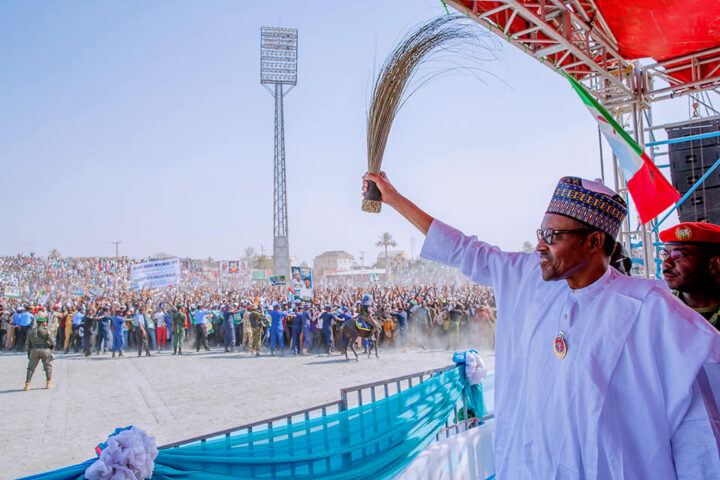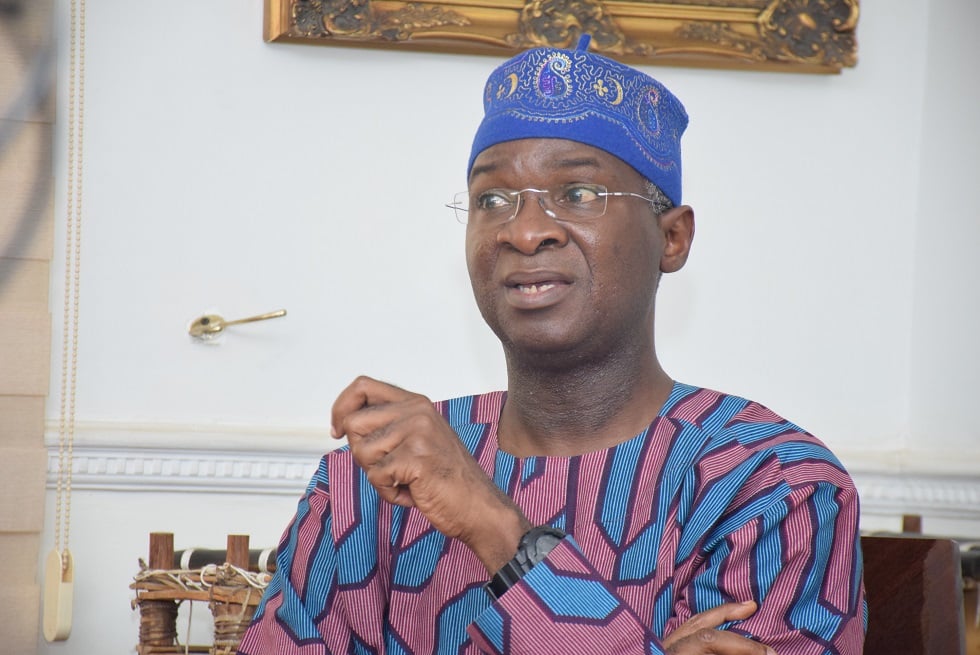BY ‘KUNLE ADEBAJO
“I like Chidiebere, candidate of the New Ideas Party. He is a great economist. He understands the dynamics of our problems and knows exactly how we can get out of them. What’s more, his track record from his days at the Ministry of Education is remarkable. Ologuneru, with his enthusiasm and revolutionary spirit, can finally turn things around for this country too. But let me not waste my vote on any of them, since they probably won’t win anyway. I know who to vote for. Honourable Ganduje. He is not a saint, but let’s just give him a shot and see what he will achieve too.”
This is roughly how the average Nigerian voter thinks, and it is not only sad but dangerous. Perhaps because we have become accustomed to soccer betting, the line between the functions of the Independent National Electoral Commission (INEC) and Nairabet—as well as its many clones—has become blurry, almost invincible. We are not sure how to distinguish between the strategies appropriate for placing bets on football matches and those needed in the struggle for national development. So let us draw the line once and for all before things get out of hand.
While in betting you place a stake and are unable to cash out if the odds do not eventually favour you, in politics there is no demand for cash. In other words, you have nothing to lose—immediately—if you choose a line of action. Also, unlike in sport betting, there are consequences when you do not participate in political elections. But most importantly—and we cannot stress this enough—when it comes to elections, you are supposed to vote for who you want to win, not who is calculated to defeat the other candidates.
A vote is an expression of your choice for or against an aspirant (and their running mate) or a political party. It is your answer, as an intelligent adult, to the question of who you want as your leader for the next couple of years, not who you think has the capacity to win. And the secret ballot system has been put in place to ensure that everyone is able to safely make their choice and express their conviction on the ballot papers regardless of how unpopular that conviction is.
Advertisement
With the general and state elections upon us, we must hold dearly to this truth and have it not just at the back of our minds but on the tip of our fingers as we march into the booths to vote. We have unique Voter Identification Numbers on our voter’s cards not for cosmetic reasons but because we think differently. But what is the use of the PVC if it does not give expression to your truest thoughts and only keys into an agenda because it is popular?
Career politicians would rather have us think we have no choice. That what we share with them is a catholic marriage from which we mustn’t divorce. They want us to think we are stuck with the status quo, for better or for worse, for richer, for poorer, in sickness and in health, to love and to cherish, from the inauguration day forward until death do us part. But we are not. What we rather have is a landlord-tenant arrangement—and no, the landlords are not the politicians. If we cannot as individuals kick them out, at least we can disown them where it matters most: at the polls.
There is an expression commonly thrown around to reprimand people who, for no reason, are biased in favour of the white man’s culture. We call it ‘colonial mentality’. People who have this attitude think their own names, delicacies, wears and so on are inferior to those of the British, though they are not physically bound to subscribe to this belief.
Advertisement
Poverty mentality. Here is another favourite of Nigerians, used to chastise those who make choices as people without money though they are blessed with lots of it. They are not compelled, by the lack of enough cash, to for example trek five kilometres every day to their workplace, but they do so anyway — just as one without money would.
I am tempted to propose that we add one more: Military junta mentality. For 15 years, Nigerians cowed into political submission under the khaki, armed men whose job description says nothing about executive orders or presidential privileges. All those years, the people had no say in who ruled them. All they were were spectators to the unfolding political drama, onlookers who gazed speechlessly as coup plotters plotted and uninvited heads of state headed the state.
But as it stands, there is only little difference between, say, Olusegun Obasanjo’s emergence as a military head of state in February 1976 and his second coming as a democratic leader in 1999 and 2003. In the 70’s, the people truly had no choice, no say on the subject of who governed them. Today, we do have a choice, afforded us by the supreme law of the land, but we still like to think we do not.
“His administration has been a disappointment, but let him just finish his eight years,” the Nigerian voter says. “He is too strong to be defeated anyway.”
Advertisement
The question is who gives him this strength? The Federal Executive Council? The Buhari Media Campaign? God? Certainly not! It is the same voter. It is Nigerians who vote based on impulse, Nigerians who think elections are a contest of popularity and not a contest of capability who strengthen the reign of mediocrities. We are like the fool who flings the door to his apartment open every night and who, when asked why he does this, says the armed robber would find his way in, in any case, locked or not.
It is easy to say even if I vote for the underdog, others will not and so it is pointless. But this only leads to a vicious cycle of stagnation—similar to what we have in that popular parable where Nobody did what Anybody could have done because Everybody was sure Somebody would do it. So, we shouldn’t give ourselves worry about everybody else or what they will or won’t do.
Do not say ‘if I do not litter the street, others will do it anyway so what is the point?’ or ‘if I do not take this bribe, others will do it anyway so what is the point?’ or ‘if I do not vote for this looter, others will anyway so what is the point?’
It is what others are thinking too, and it is why we will always find ourselves in the same brand of mess, every four years. So is it not wiser that we play our own parts with sincerity and then hope for the best? Even if, in the end, our preferred candidates do not win, at best we would have moved them closer to the goalpost of political power, and at worst we would have been true to our hearts and deducted one point from the account balance of bad leadership.
Advertisement
‘Kunle Adebajo writes from Abuja and reports for the International Centre for Investigative Reporting. He may be reached via his email address, adekunlebaj@gmail.com, or telephone number, +2347054856729.
Advertisement
Add a comment
